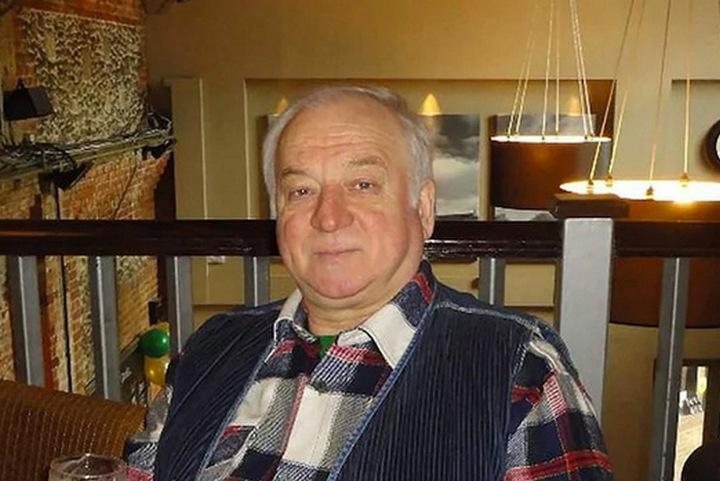
The former Russian spy Sergei Skripal and his daughter Yulia have begun a new life in New Zealand, according to senior government sources.
A week before the broadcast of a BBC drama telling the story of those caught up in the novichok nerve agent attack in Salisbury in 2018, it has emerged that the pair have moved overseas after living for more than a year in an MI6 safe house, The Times wrote.
A senior government source with knowledge of the risk assessment carried out on the couple at the time of the move, said the Skripals had been given new identities and support to start a new life.
The pair were found unconscious on a park bench in Salisbury, Wiltshire, on March 4, 2018, after Russian agents smeared the deadly chemical on the door-handle of the former spy's home. The bench has since been sent to Quantico, in Virginia, home of the FBI's training and research centre, according to a senior member of the local emergency response team.
Read alsoThree suspected Russian spies traveled to Barcelona in 2016 and 2017 – media
Dawn Sturgess, 44, died in July 2018 after handling a perfume bottle containing the poison.
Yulia left hospital a month after the attack and was taken by the security services to a secret location. She was joined a month later by her father, a former double agent who had arrived in the UK as part of a spy-swap in 2010.
The pair are unlikely to surface publicly again. However, Skripal remains in touch with his old neighbours Ross Cassidy and his wife Mo. In December the couple opened a Christmas card and were astonished to see it was from the Skripals. There was no return address.
"It's nice to know they are thinking of us," said Cassidy in an interview with The Sunday Times Magazine. "But I don't expect we'll ever see them again."
The Skripals were targeted by Anatoly Chepiga and Alexander Mishkin, who travelled to the UK under false names. Chepiga was a decorated colonel with the GRU, the Russian military intelligence service for which Skripal had been working when he was recruited by MI6 in the mid-1990s.
Usually those involved in spy swaps are not targeted, so long as they fade into obscurity.
The Cassidys were astonished that the former double agent had not been given deeper cover after the poisoning with polonium of the Russian dissident Alexander Litvinenko in London in 2006.
Skripal lived openly under his own name. "I'll never for the life of me understand why they didn't give him a pseudonym," said Cassidy.
Skripal never fully relaxed into his life in the UK, according to Cassidy, who described him as gregarious but also watchful and suspicious.
He added that his neighbour often sat in an armchair with a clear view of the street. "Sergei saw you coming before you ever saw him," he said.
A Home Office source said: "We do not comment on intelligence matters."

